New Scientist covers the latest developments in science and technology that will impact your world. New Scientist employs and commissions the best writers in their fields from all over the world. Our editorial team provide cutting-edge news, award-winning features and reports, written in concise and clear language that puts discoveries and advances in the context of everyday life today and in the future.
Elsewhere on New Scientist
Quantum secrecy • Disclosing the rationale for quantum computer regulations would be better for all
New Scientist
Stunning in shocking blue
Life from a digital primordial soup • Google has shown that virtual life forms can emerge from randomness with no rules or direction, hinting at the process behind biological life on Earth, says Matthew Sparkes
The perfect-sized bowl to store used pistachio shells
Roman Britain saw a ‘modern’ kind of economic growth
Analysis Nutrition • Is ultra-processed food unhealthy? Here’s why no one can agree While highly processed food is the latest fixation in nutrition, the evidence for how it affects our health continues to point in different directions, says Grace Wade
Mining flowers for nickel • A start-up in Albania is farming plants that take up nickel from the soil while also aiming to remove carbon dioxide from the atmosphere, finds James Dinneen
Food production • Synthetic butter made from CO₂ shows a way to use less land to feed the world
Weird ‘dangling’ ice seen in space for the first time
Gene therapy targets brain tangles • A one-off treatment could prevent the formation of protein aggregations linked to Alzheimer’s and other neurodegenerative conditions, says Michael Le Page
Analysis Water infrastructure • Thousands of US dams may be unprepared for extreme rain Many were designed using estimates of precipitation based on outdated science, which makes them vulnerable to extreme weather, says James Dinneen
New snake discovered • The blue-lipped green pit viper has been recognised as a new species
Your face temperature can reveal your age
Viruses can spread by using ChatGPT • Chatbots can be abused by malware to help them propagate via emails
Warm waters stop shark eggs from hatching
Complex mazes found in structure of bizarre crystals
50,000-year-old pig picture is the oldest known narrative art
The mysterious quantum export deal • Identical wording placing limits on the export of quantum computers has appeared in regulations for several nations – which can be traced to secret international discussions, finds Matthew Sparkes
Blue sheep and snow leopards were on the menu for ancient human group
Best way to keep a city cool is to paint the roofs white
A bit of outside help • Grief has a profound effect on our bodies. Taking it into nature offers better healing in the long term than shutting it away, says Ruth Allen
This changes everything • Flying into the future Tired of today’s instability, I asked some experts what Earth will look like in 25 years, says Annalee Newitz. Get ready for green mining, soft cities and robo-taxis
Star turns
Your letters
Think like a teenager • An eye-opening new book lifts the lid on the surprisingly rational strategies behind the risky behaviours of adolescents, finds Catherine de Lange
Failure to launch • From flying cars to smart robots, why do many promised technologies remain out of reach, asks Matthew Sparkes
New Scientist recommends
The TV column • Raw reality In Apple TV+’s Sunny, Japan-based expat Suzie is grieving the loss of her husband and son in a plane crash as a cute housebot mysteriously arrives. It is out to befriend her – and to prime us to love the show, says Bethan...
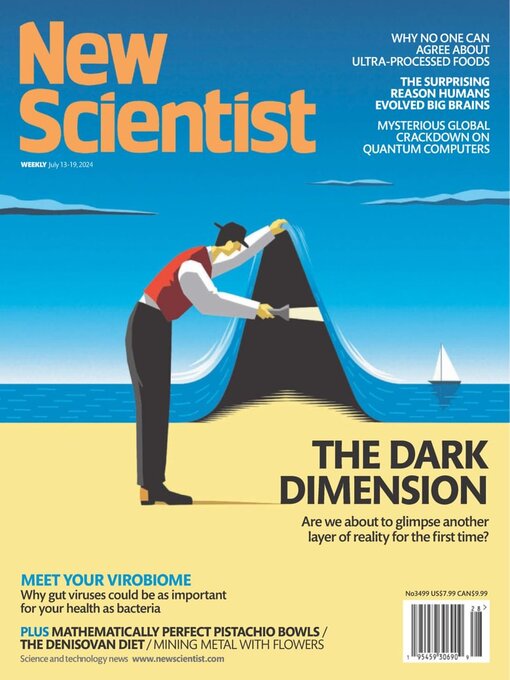
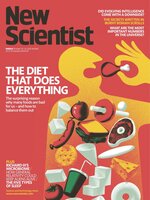 Oct 18 2025
Oct 18 2025
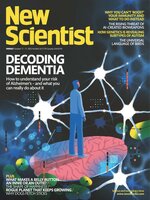 Oct 11 2025
Oct 11 2025
 Oct 04 2025
Oct 04 2025
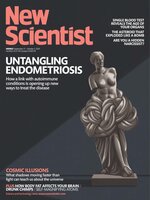 Sep 27 2025
Sep 27 2025
 Sep 20 2025
Sep 20 2025
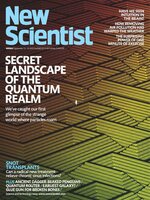 Sep 13 2025
Sep 13 2025
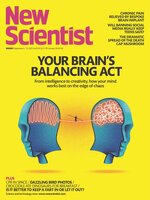 Sep 06 2025
Sep 06 2025
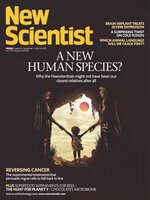 Aug 30 2025
Aug 30 2025
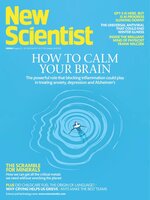 Aug 23 2025
Aug 23 2025
 Aug 16 2025
Aug 16 2025
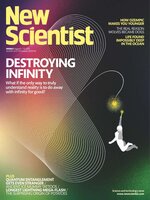 Aug 09 2025
Aug 09 2025
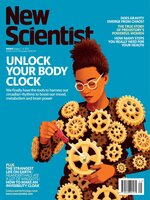 Aug 02 2025
Aug 02 2025
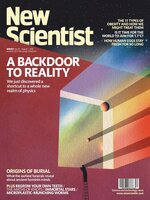 Jul 26 2025
Jul 26 2025
 Jul 19 2025
Jul 19 2025
 Jul 12 2025
Jul 12 2025
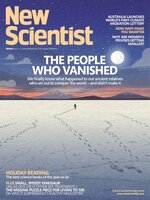 Jul 05 2025
Jul 05 2025
 Jun 28 2025
Jun 28 2025
 Jun 21 2025
Jun 21 2025
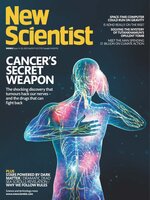 Jun 14 2025
Jun 14 2025
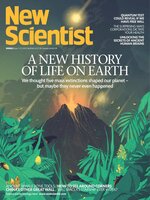 Jun 07 2025
Jun 07 2025
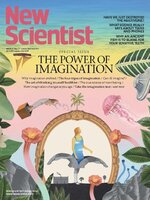 May 31 2025
May 31 2025
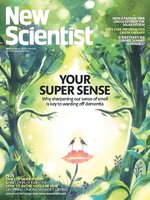 May 24 2025
May 24 2025
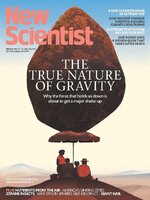 May 17 2025
May 17 2025
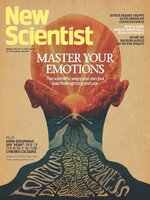 May 10 2025
May 10 2025